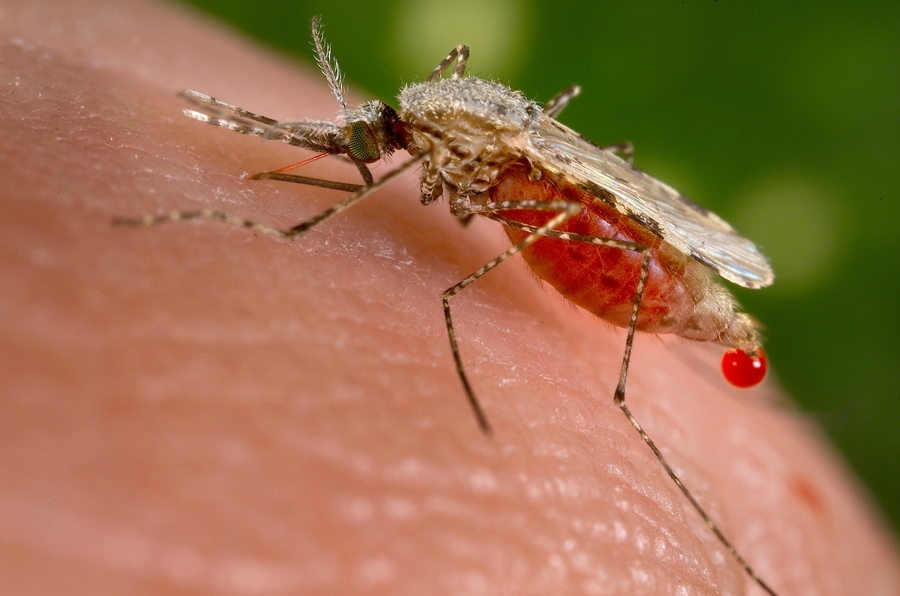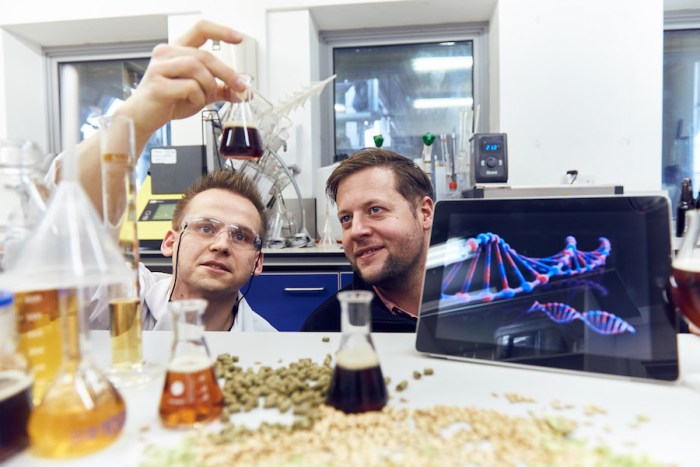Malaria threatens nearly half of the world’s population, although to many in the industrialized world it may seem like a far-off disease.
In Massachusetts, researchers have developed a new medication that offers inexpensive and effective treatment for the mosquito-transmitted disease.
Researchers at Worcester Polytechnic Institute were able to cure drug-resistant cases of malaria thanks to a therapy developed from dried plant leaves.
Standard medication for malaria failed to treat 18 patients at a Congo clinic who became critically ill, according to the institute. The physician there used a plant treatment pioneered by Dr. Pamela Weathers, professor of biology and biotechnology at Worcester Polytechnic Institute, although the treatment was not yet officially approved.
All 18 patients fully recovered within five days, the university announced in a release on Monday. The announcement came just ahead of the World Health Organization’s World Malaria Day, which is April 25.
The patients were between 14 months and 60 years old, and one, a 5-year-old, lapsed into a coma from the disease.
As a last resort, doctors tried the plant therapy developed by Weathers, which entails tablets created by dried and powdered “artemisia” leaves.
“These 18 patients were dying,” Weathers said in a statement. “So to see 100 percent recover, even the child who had lapsed into a coma, was just amazing. It’s a small study, but the results are powerful.”
Laboratory tests of the patients showed that no parasites remained in their blood, according to the university.
The dried-leaf Artemisia treatment, or DLA, is cheaper and easier to create than the traditional malaria treatment, Weathers said. That means residents of impoverished areas of Africa will be able to grow the plant and produce these pills themselves, allowing greater access to malaria treatment. In 2015, there were about 212 million malaria cases and an estimated 429,000 malaria deaths, according to the World Health Organization. The organization created World Malaria Day as a way to unite efforts to eradicate the disease across the world.
“This simple technology can be owned, operated and distributed by Africans, for Africans,” Weathers said.



















